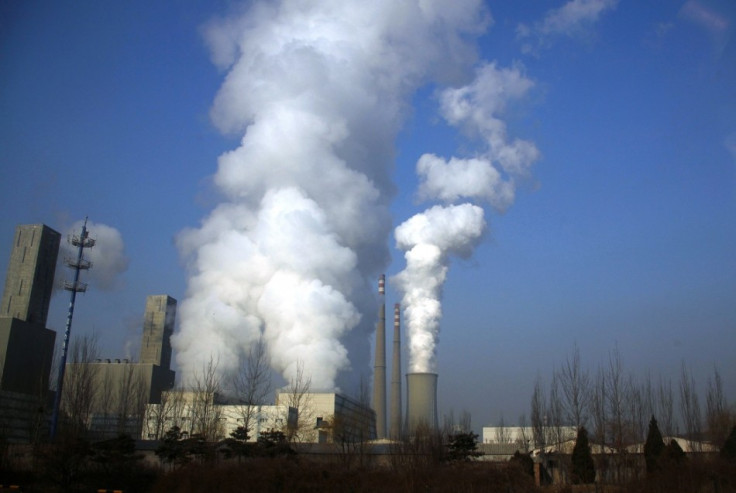Study Linking Climate Sceptics and Conspiracy Theorists Pulled on Legal Threats

A study linking climate change sceptics with conspiracy theorists has been retracted following threats of legal action.
Experts have said the decision to pull the study from Frontiers in Psychology will have a "chilling effect" on research, the Sydney Morning Herald reports.
John Cook, a researcher at the University of Queensland and a co-author of the paper, said: "It means that if a paper is published that the climate deniers don't like the look of, they can bombard the journal with complaints or threats.
"Knowing they have had success once might embolden them to try to retreat the strategy again."
Frontiers said that the study in question, Recursive fury: Conspiracist ideation in the blogosphere in response to research on conspiracist ideation, was retracted following a "small number of complaints".
A statement on the website said: "In the light of a small number of complaints received following publication of the original research article cited above, Frontiers carried out a detailed investigation of the academic, ethical, and legal aspects of the work.
"This investigation did not identify any issues with the academic and ethical aspects of the study. It did, however, determine that the legal context is insufficiently clear and therefore Frontiers wishes to retract the published article. The authors understand this decision, while they stand by their article and regret the limitations on academic freedom which can be caused by legal factors."

The study, by the University of Western Australia, found that people who believed in various conspiracy theories, such as the moon landing being faked and that Martin Luther King Jr was killed by the FBI, were also likely to take a climate change denial stance.
They found that two typical 'conspiracist' attributes emerged – that "something must be wrong" and that the authors were "engaged in intentional malfeasance".
One of the study authors, Stephan Lewandowsky, said: "Sadly, it has turned into a routine for outsiders with no scientific standing to approach, bully, or intimidate journals, editors, and academics.
Elaine McKewon, one three independent reviewers of the retracted paper, said Frontiers had been "spineless".
"They caved in at the first pushback from the climate change denial community. To retract a paper is just the most extreme action that a journal can take, and it was thoroughly unwarranted in this decision. It was really quite breathtaking."
She said she would not be reviewing research papers for the journal any longer: "You don't behave like this and expect people to want to publish in your journal," she said. Her full account of the decision is available to read on The Conversation.
The retraction of the paper sparked a huge outcry amongst people who wished to read the paper, and an investigation has been launched into the decision to retract the piece in terms of legalities and ethics.
A previous study also looking at conspiracy theorists by the University of Western Australia is still available to read online.
© Copyright IBTimes 2025. All rights reserved.






















